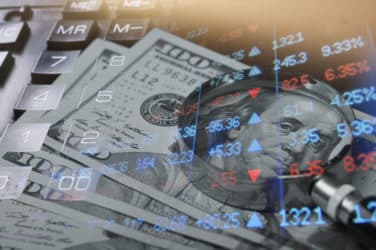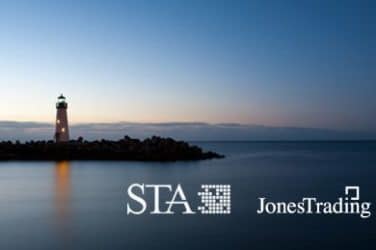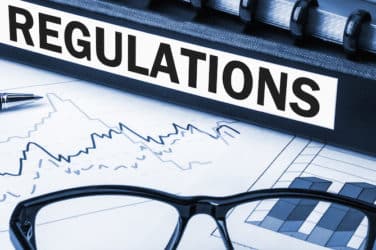The Seventh Circuit Court of Appeals in Chicago has upheld the conviction of former high-frequency trader Michael Coscia for manipulating the futures market via spoofing orders.
US Attorneys charged the founder and CEO of New Jersey-based Panther Energy Trading with commodities fraud and six counts of spoofing under new market regulations introduced by the Dodd-Frank Act.
According to the prosecution, Coscia commissioned algorithms to manipulate the prices of commodities like gold, soybean meal, soybean oil, high-grade copper, euro-FX and sterling-FX currency futures, The Chicago Tribune reported.
U.S. District Judge Harry Leinenweber handed down a three-years sentence to the trader on July 12, 2017, after prosecutors asked for a five-year sentence and Coscia’s lawyers requested probation.
The appeals court rejected arguments by Coscia’s lawyers that the anti-spoofing statute was unconstitutionally vague and argued that the evidence prosecutors submitted at trial was insufficient to support his conviction.
“The anti‐spoofing provision provides clear notice and does not allow for arbitrary enforcement,” U.S. Circuit Judge Kenneth Ripple wrote. “Consequently, it is not unconstitutionally vague.”
The Coscia case is “just the tip of the iceberg” in terms of the government’s increasingly active role in such prosecutions, said Renato Mariotti, the lead prosecutor on the case before recently joining a private practice, according to the Chicago Tribune.
“For years, many people scoffed at the notion that the government could explain high-frequency trading strategies to judges and juries. No one is laughing anymore,” Mariotti said in a statement after the sentencing.





